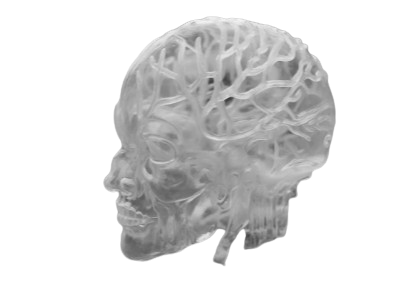
HOT blooded
When the whistle blows and the mercury climbs, tournaments stop being just about skill — they become survival tests. Heat stress doesn’t care about rankings, reputations, or how many hours you’ve logged in the gym; it hits fast, drains faster, and can turn a match on its head before you’ve even caught your breath. Understanding how it works — and how to fight back — could be the edge that keeps your game sharp when everyone else is wilting.

SYSTEMS Rubik Cube solutions
In hockey, tactical systems such as the 4-3-3, 4-4-2, 3-4-3, and 3-5-2 serve as strategic frameworks that shape team identity, match tempo, and player responsibilities. These systems encode not only spatial arrangements but also physiological demands, cognitive load, and role clarity. Understanding their strengths and weaknesses—and knowing when to deploy each—can significantly influence match outcomes and long-term athlete development.

FAST GAME- fast mind
In our game, physical conditioning often takes centre stage — but beneath every sprint, pass, and decision lies an invisible force shaping outcomes: cognitive load. The brain is constantly juggling tactical awareness, motor execution, emotional regulation, and environmental scanning, all in real time. This mental multitasking isn’t just exhausting — it directly impacts reaction speed, decision quality, and injury risk. Understanding cognitive load isn’t a luxury for elite athletes; it’s a necessity
